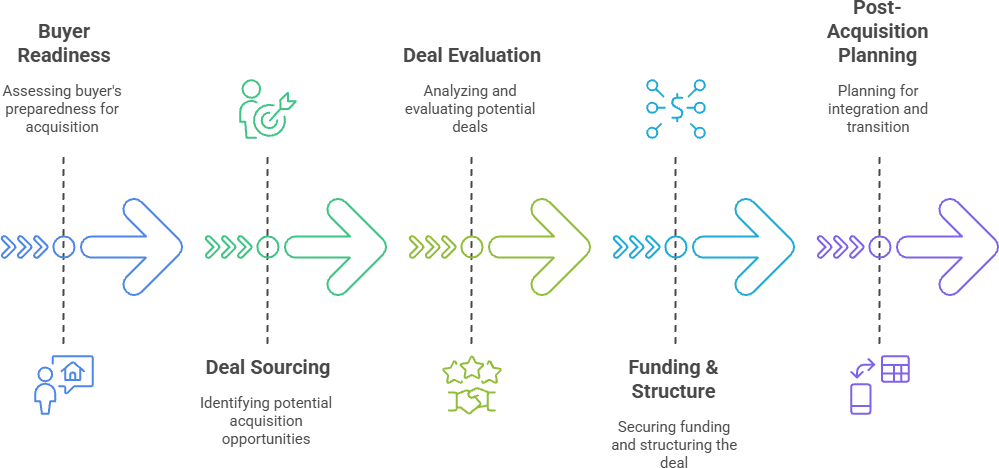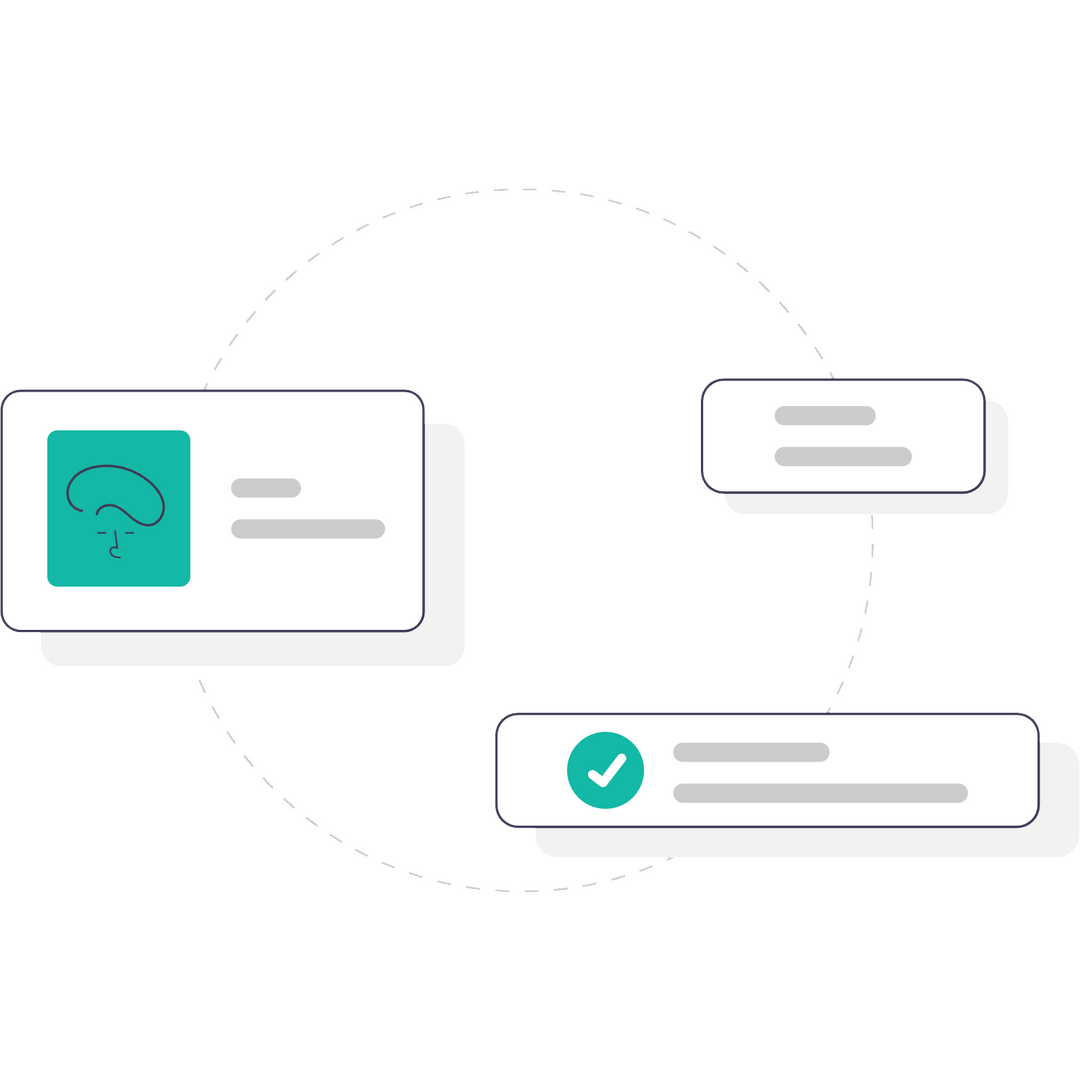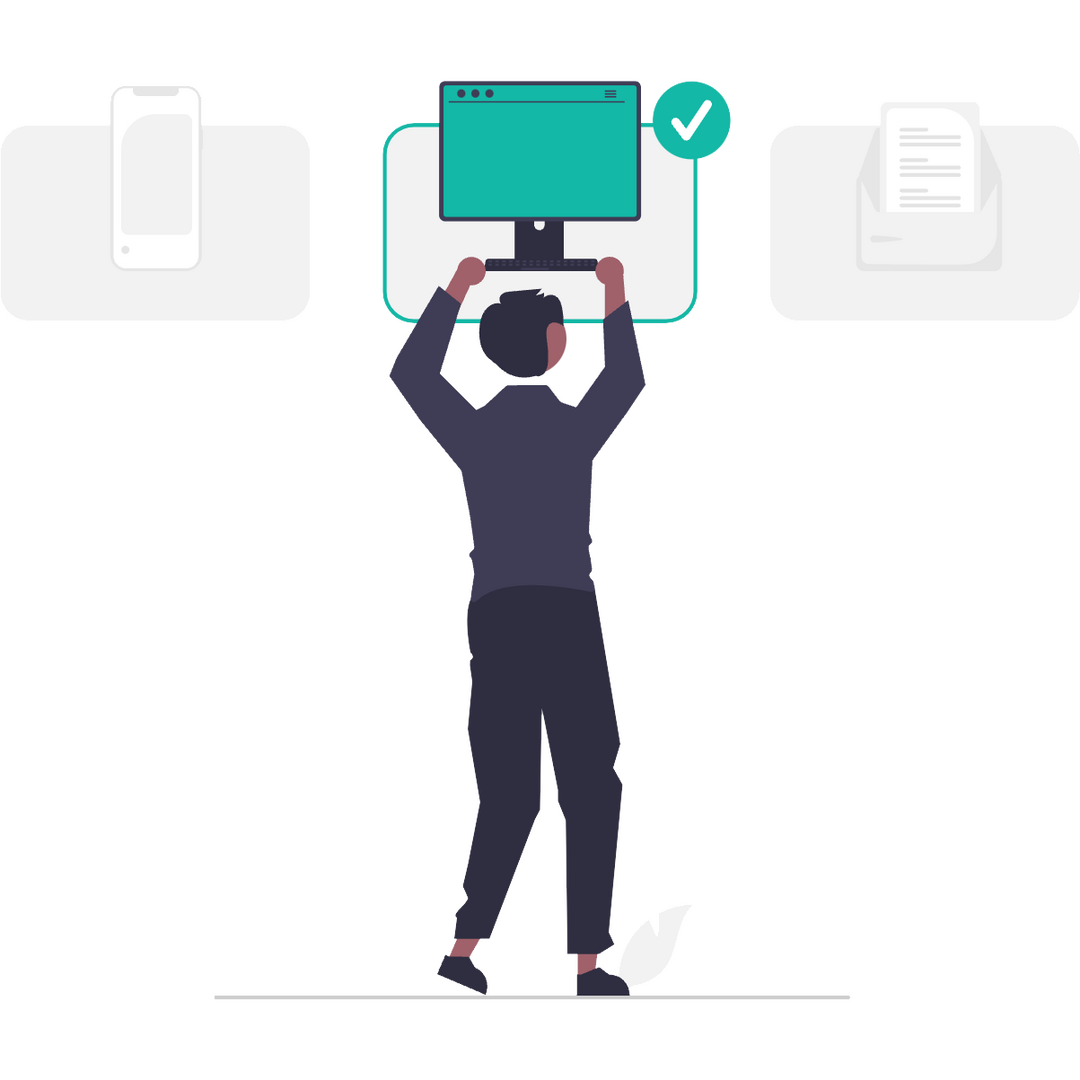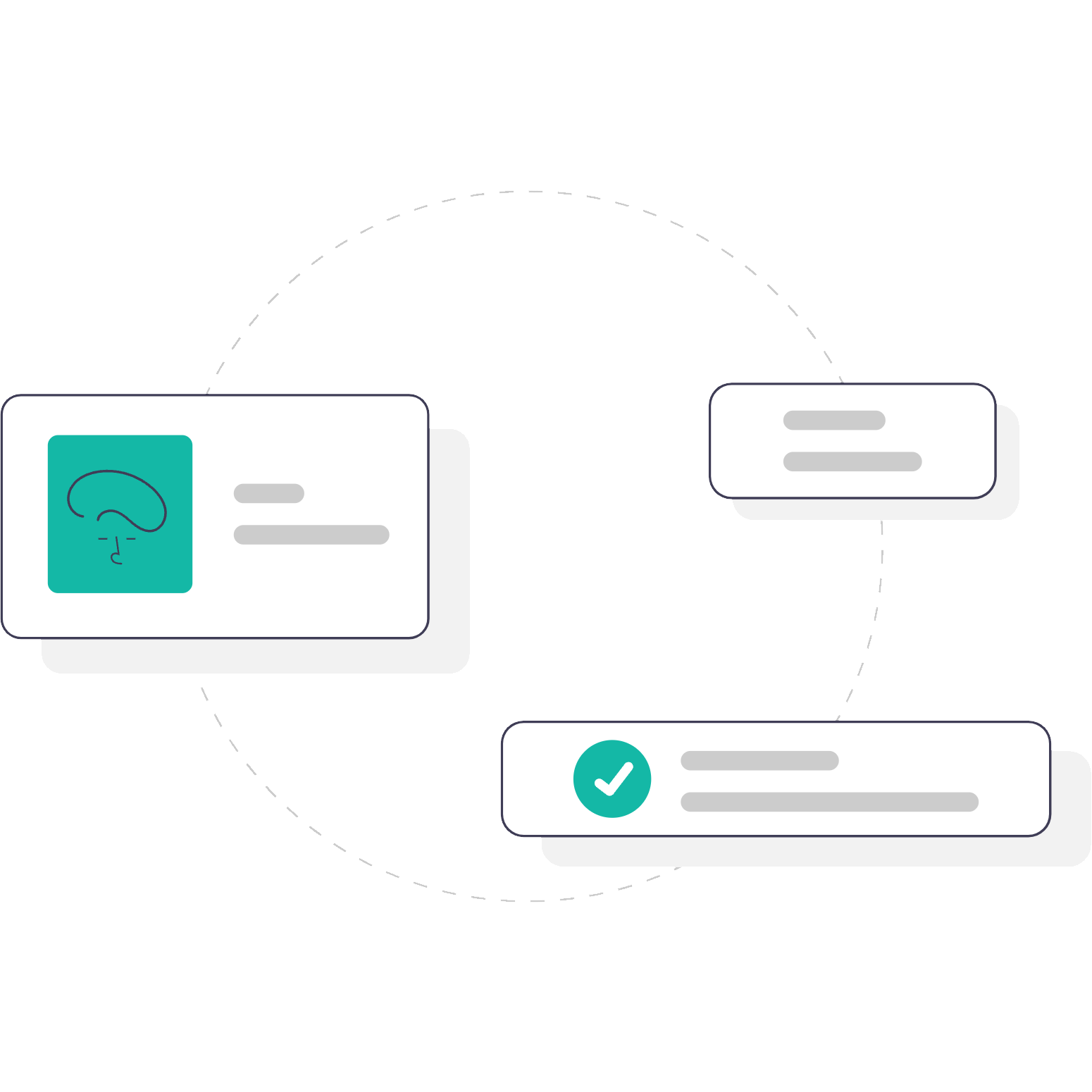Free Toolkit for SME Business Buyers
Buy Your First
(or Next) Business with Clarity and Confidence
A practical toolkit for individual acquirers and dealmakers.
Tools to help you source, assess, structure, and close a business acquisition — smarter, faster, and with fewer missteps.

The SME Acquisition Journey
Understand the full process before you start — and see which stage you’re in.

From your first checklist to post-deal planning, this map shows how the toolkit guides you every step of the way.
Think Like a Buyer
Get clear on your goals, criteria, and funding capacity
Avoid common mistakes and “shiny object” deals
Tools to build your confidence and readiness
Source & Analyse Deals
Templates to track and qualify opportunities
Step-by-step guides for outreach and evaluation
Includes our flagship Deal Analyser tool
Structure & Close With Clarity
Understand funding options and deal structures
Know what to ask sellers and what red flags to watch
Plan your first 90 days post-acquisition

STEP 1: SELF-ASSESSMENT
Not Sure Where to Start?
Take the quick 2-minute quiz to find out how ready you are to buy a business — and what to focus on first.
Get instant clarity on your next steps — no jargon, no fluff.
Step-by-Step Acquisition Support
Tools That Match the Way Deals Actually Happen
From building your buyer profile to structuring and funding your deal — each tool aligns with a real stage in the SME acquisition journey. No theory, just real-world, usable support at every turn.


Built for Independent Buyers
Made for Solo Buyers, First-Timers, and Micro-PE
You don’t need to be a fund to buy a business — but you do need the right tools. This toolkit gives you clarity, confidence, and leverage in every conversation — from sellers to brokers to funders.
Built by Someone Who’s Been in the Buyer’s Seat
Because Buying a Business Shouldn’t Feel Like Guesswork
Most buyer resources are generic, outdated, or focused on large corporate deals.
This toolkit is different — it’s built from years of hands-on acquisition work with real UK SMEs.
It’s for individual buyers, searchers, and micro-funds who want to buy smarter — without wasting time, chasing bad deals, or second-guessing every decision.Whether you’re just getting started or already reviewing deals, these tools are here to make your next move sharper and more structured.

Less noise. More clarity. Designed for real-world buyers.
Built by Someone Who’s Been in the Buyer’s Seat
Let’s Talk About Your Next Move
Whether you’re reviewing your first opportunity, structuring a deal, or simply not sure what’s next — feel free to reach out.No pressure, no pitch — just helpful insight from someone who understands the buyer’s journey.
Prefer to just explore? That’s fine too — head back to the tools whenever you're ready.
What You'll Work Through, Step by Step
Each Tool Matches a Real Stage of the Deal Journey
This toolkit is split into five focused sections. Whether you’re just starting out or already reviewing deals, you can jump in at any stage.
No fluff — just practical tools to help you move forward with confidence and clarity.
Less noise. More clarity. Designed for real-world buyers.


Section 1: Buyer Readiness
Clarify your goals, strategy, and financial capacity before chasing deals.
Define your target — and avoid wasted time.

Section 2: Deal Sourcing
Track, filter, and generate deal flow — whether direct-to-seller or via brokers.
Build credibility and qualify leads early.

Section 3: Deal Evaluation
Evaluate deals fast and thoroughly.
Use our Deal Analyser to separate good opportunities from distractions.

Section 4: Funding & Structure
Understand how deals are actually financed and structured.
Get funding-ready and model realistic outcomes.

Section 5: Post-Acquisition Planning
The deal isn’t the finish line.
Use our tools to transition, integrate, and hit the ground running.
.
Sector-Specific Tips
Sector-Specific: Manufacturing
Check these before moving forward:
Check these before moving forward:
Machinery condition and replacement timelines
Production capacity vs. actual utilisation
Supply chain dependency and stability
Hidden maintenance or CAPEX traps
Key labour skill risks and retention issues
Sector-Specific: Services
If you're buying a services business, consider:
Owner reliance in client relationships
Retainer vs. project contract types
Staff qualifications or regulated licences (e.g. Gas Safe, FCA)
Client churn rates and satisfaction indicators
Operational efficiency gaps
Sector-Specific: Wholesale / Distribution
Look out for:
Inventory turnover and ageing stock
Delivery logistics and route efficiency
Gross margin stability
ERP or stock systems in use
Customer concentration risks
.
Sector-Specific: Retail
Before you buy, make sure to check:
Lease terms and local footfall trends
Seasonal revenue variation
Impact of online competition
Staff churn and wage burden
Fit-out quality and brand perception
Start with Strategy — Not Just Listings
Get Clear on What You Want, Why You Want It, and What You Can Afford
Before jumping into deals, get clarity on your personal goals, acquisition criteria, and funding capacity. These tools help you avoid chasing the wrong opportunity — and build confidence that you're ready for the right one.
Need a quick reference?
Download the one-page checklist for this stage to stay focused and organised.

Acquisition Readiness Checklist
Assess whether you’re really ready to pursue a deal
Covers mindset, finances, time, and personal alignment
Great first tool to get started
Buyer Criteria Builder
Define your ideal target business
Set filters for size, sector, location, team, and complexity
Helps avoid distraction and wasted energy
Personal Funding Planner
Identify what capital you can bring to a deal
Understand how far your funds can stretch
Helps shape realistic expectations around deal size and structure
James – First-Time Buyer, Manufacturing Sector
"James was overwhelmed with options and unsure what business suited him. After using the Buyer Readiness tools, he clarified his criteria: B2B manufacturing, £500K+ profit, Central Scotland. This focus saved him months of wasted search time."
Avoid These Mistakes in Buyer Readiness
Don’t skip defining your financial boundaries early
Avoid chasing every opportunity — get specific on fit
Don’t ignore personal post-deal goals
Overestimating capacity (“I can fix anything”) is risky
Not having a plan = wasted months
What’s Next?
Now that you've clarified your acquisition criteria, it’s time to start finding live opportunities.
→ Head to the Deal Sourcing section to begin your search strategy and track active leads.
Stop Waiting — Start Finding
Build a Deal Flow That Works for You (Not Just Brokers)
Good opportunities rarely land in your inbox. These tools help you take control of your deal search — track leads, build broker credibility, and start direct-to-owner conversations with confidence.
Need a quick reference?
Download the one-page checklist for this stage to stay focused and organised.

Deal Tracker Template
Organise inbound and outbound deal flow in one place
Track stage, seller notes, and next actions
Simple format you can update weekly
Outreach Template Pack
Email templates for brokers and sellers
Includes intro messages, follow-up nudges, and credibility positioning
Saves hours of writing — and builds trust faster
Seller Call Prep Guide
A one-pager to help you prep for first conversations
What to ask, what not to say, and how to leave a strong impression
Great for building rapport and spotting red flags early
Sarah – Part-Time Searcher, Services Sector
"Sarah worked full-time and had limited hours to search. By using the Deal Sourcing checklist and outreach templates, she built a simple tracker and connected with 5 serious brokers in 2 weeks. One later brought her a deal that fit perfectly."
Avoid These Mistakes in Deal Sourcing
Only using public marketplaces = limited options
Not tracking deals = wasted time and duplicate effort
Poor buyer intro emails = no responses
Failing to follow up = missed opportunities
Chasing too many sectors = dilution of focus
What’s Next?
You’ve set up your search — now start evaluating deals with confidence.
→ Go to the Deal Evaluation section to screen opportunities and assess financials.
Not All Deals Deserve Your Time
Evaluate Opportunities with Clarity — and Walk Away When It’s Right
Most buyers waste months chasing bad deals. These tools help you quickly evaluate what’s worth pursuing — and what’s not — using structured thinking and consistent decision-making.
Need a quick reference?
Download the one-page checklist for this stage to stay focused and organised.

Deal Analyser
Score potential acquisitions across 10+ critical factors
Flags deal risk, funding gaps, and buyer-seller misalignment
A fast, objective tool to sanity-check opportunities early
Red Flag Checklist
Identify warning signs that often get overlooked
Covers financials, operational risks, and seller behaviour
A simple gut-check before you commit time or money
Quick Valuation Tool
Enter real financials and get an instant valuation estimate
Uses sector benchmarks and normalisation logic behind the scenes
Perfect for screening deals and sense-checking seller expectations
(Powered by ValuBiz)
Tom – Experienced Operator, First Acquisition
"Tom had run businesses before but never acquired one. The Deal Analyser tool helped him quickly screen 6 targets. One stood out. He used the Deal Evaluation checklist to validate numbers and spot red flags early — and walked away from a risky deal."
Avoid These Mistakes in Deal Evaluation
Trusting the broker’s numbers without verification
Ignoring normalisation adjustments (salary, rent, etc.)
Underestimating working capital needs
Skipping customer/dependence analysis
Overlooking hidden risks in EBITDA
What’s Next?
Ready to make a move? Time to understand how to fund and structure the deal.
→ Explore the Funding & Structure section to build a viable offer.
Smart Buyers Don’t Always Pay in Cash
Learn How Deals Get Funded — and Structured to Work
This section helps you understand what funders look for, how deal structures work, and how to realistically finance a business acquisition — even if you don’t have deep pockets.
Need a quick reference?
Download the one-page checklist for this stage to stay focused and organised.

How Buyers Fund Deals
Simple explainer on funding sources: debt, seller finance, earn-outs, etc.
Understand what’s common, what’s creative, and what’s possible
Clarifies how much you actually need upfront
Deal Structure Worksheet
Map out how a deal could be structured (cash, loan, vendor terms)
Adjust different inputs to see what’s workable
Helps you prepare for negotiations and lender discussions
Bank Pitch Checklist
What to prepare before speaking to a lender or broker
Ensures you come across as credible, organised, and fundable
Saves time and embarrassment during funding conversations
Aisha – Solo Buyer, Retail Business
"Aisha had limited capital but a strong operator background. Using the Deal Structure Worksheet, she modelled a deferred purchase with a 50% seller loan. The Bank Pitch Checklist helped her secure the rest through asset-backed finance — deal done."
Avoid These Mistakes in Funding & Structure
Assuming banks will lend without prep
Relying only on cash upfront
Not modelling deferred payment cashflows
Ignoring seller psychology when proposing terms
Not preparing a simple funding pitch deck
What’s Next?
You’ve got a structure — now make sure you’re ready for what comes after the deal.
→ Visit Post-Acquisition Planning to prepare your transition and first 90 days.
The Deal Isn’t the Finish Line — It’s the Starting Line
Buy the Business. Then Make It Yours.
Too many buyers close a deal… then scramble. These tools help you hit the ground running post-acquisition — with clarity, structure, and confidence from day one.
Need a quick reference?
Download the one-page checklist for this stage to stay focused and organised.

90-Day Integration Plan
Your first 3 months mapped out in simple steps
Focus areas: people, cash, systems, and stability
Helps avoid chaos and earn trust quickly
Owner Transition Guide
How to work with the seller post-sale
What to ask, how to manage handover, and when to draw the line
Designed to smooth the relationship and minimise disruption
New Buyer Checklist
A practical pre-completion and post-deal checklist
Covers everything from company accounts to customer announcements
Keeps you organised when things get hectic
Mark – Acquired a Logistics Firm
"Mark closed a deal but underestimated the integration risk. He used the Post-Acquisition checklist to reset: retained key staff, communicated with major clients, and prioritised tech fixes. Six months later, performance was up 15%."
Avoid These Mistakes in Post-Acquisition Planning
No 90-day plan = chaos
Poor staff communication = turnover risk
Delaying system fixes = compounding issues
Ignoring key customer retention
Assuming growth will be instant post-deal
Need More Help?
If you're preparing for a live deal or want expert support through the final stages…
ValuBiz - how it works
Get a quick estimate of your business value
Estimate the Enterprise Value of your business in under 5 minutes using the tool below.
No personal details required.
Instant Results.
Takes a few minutes of your time.

1.
Provide a few details.
Input your last 3 year average EBITDA
Select your MAIN Sector from the dropdown
Select your SUB Sector from the dropdown
2.
Get an estimated valuation range.
You will see two values:
EBITDA Multiple (x): the multiple for your business
Enterprise Value (£) the value for your business
3.
Contact us for an in-depth valuation.
Get in touch for a detailed valuation which will take a close look at your accounts, from the P&L and Balance Sheet and any adjustments / normalisation.
Thanks for exploring the toolkit
You're now better equipped to buy a business
Whether you're at the start of your journey or actively reviewing deals, the Acquisition Toolkit gives you the structure and confidence to move forward.
Keep using the tools, build your pipeline, and take bold, smart action.
